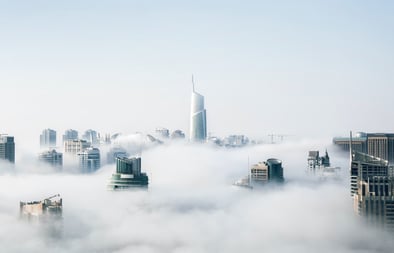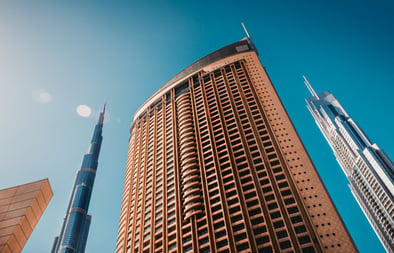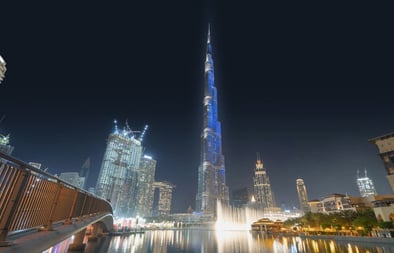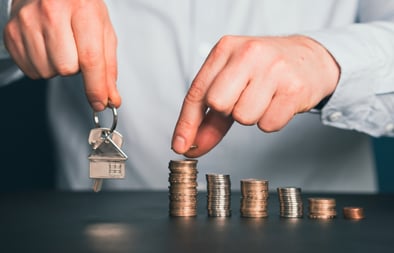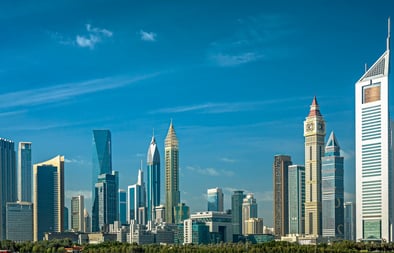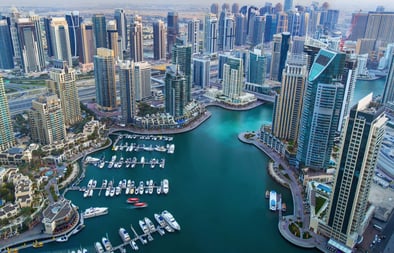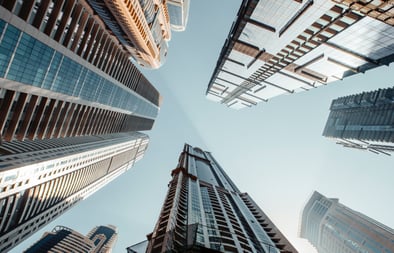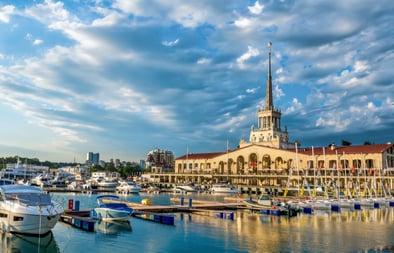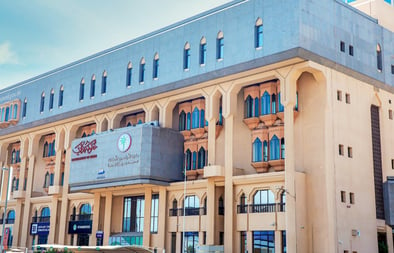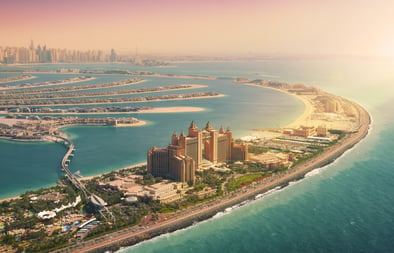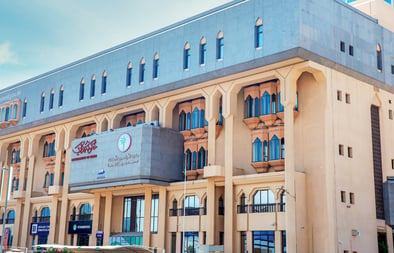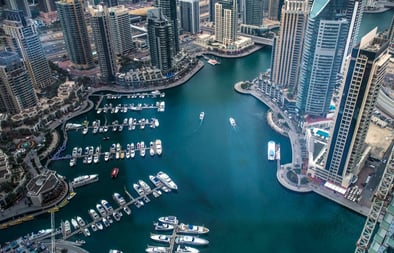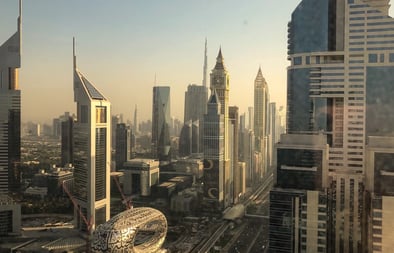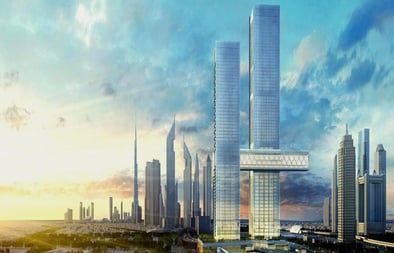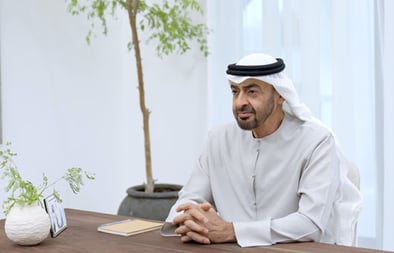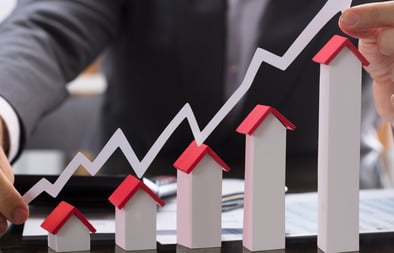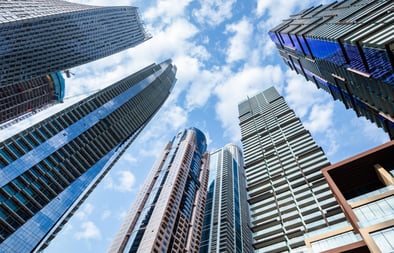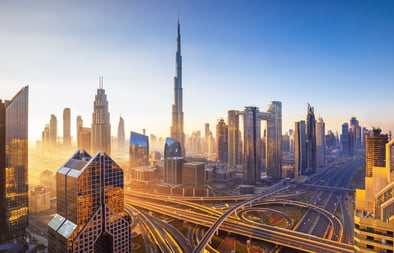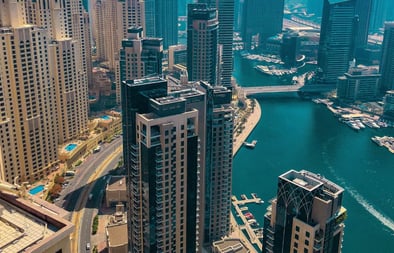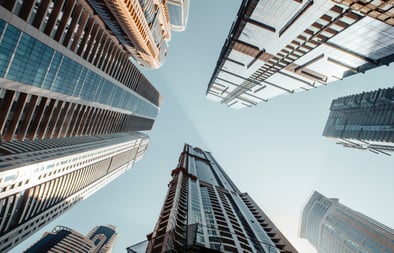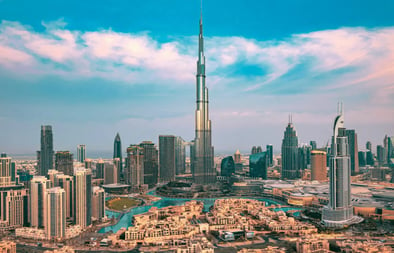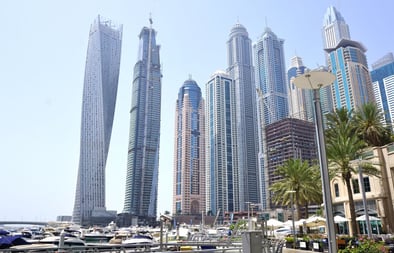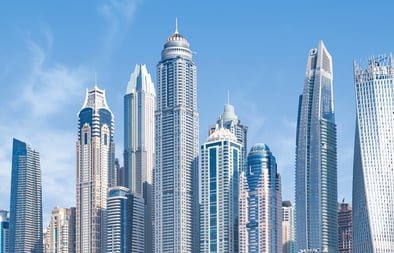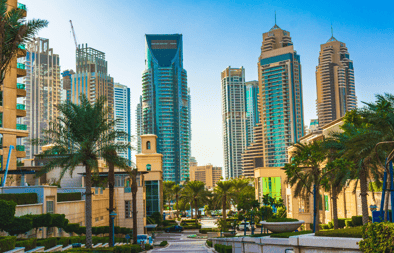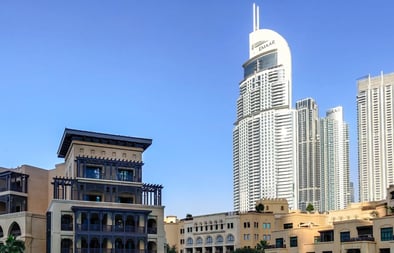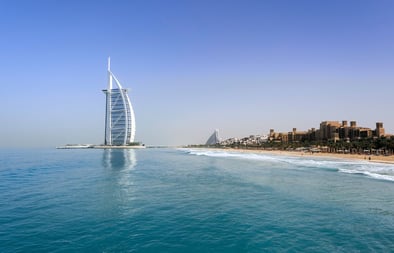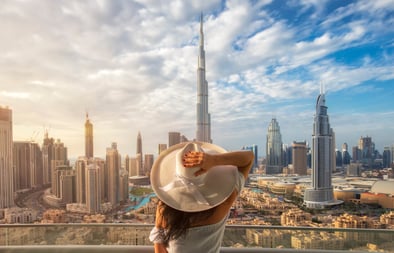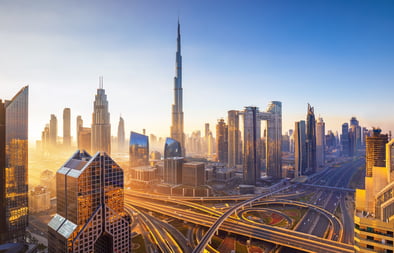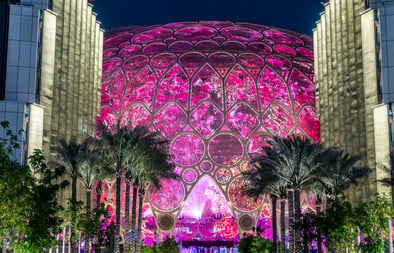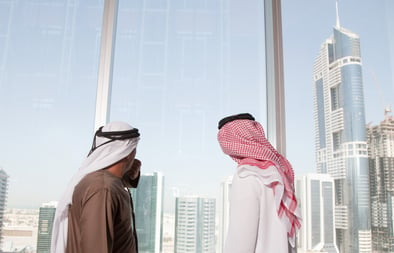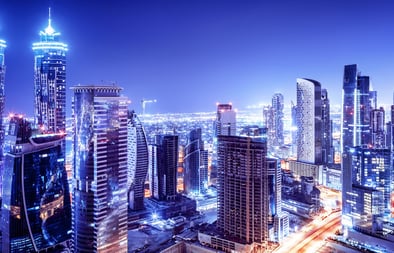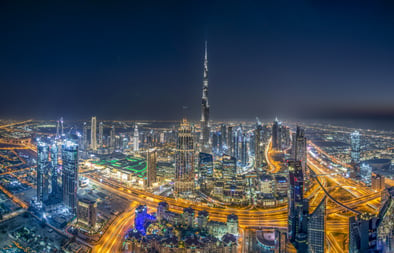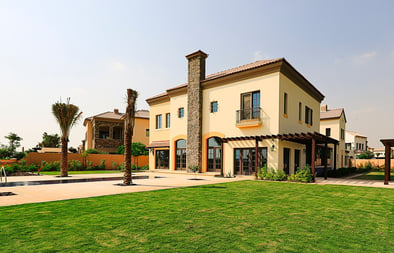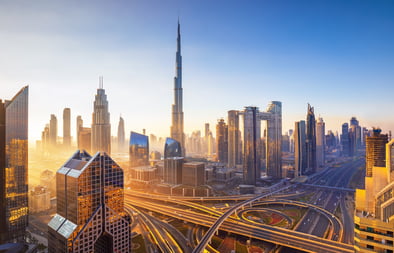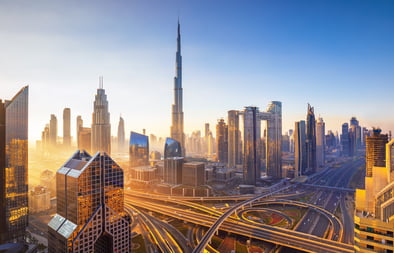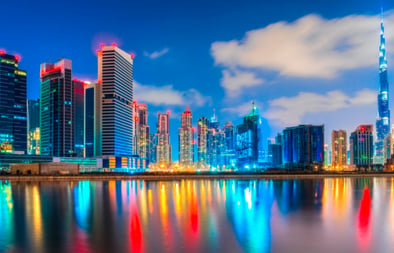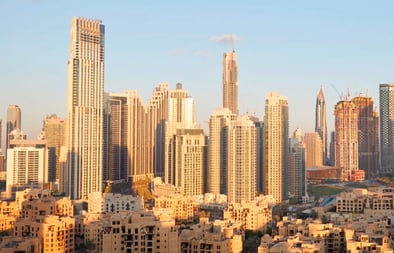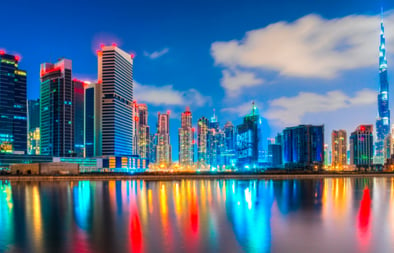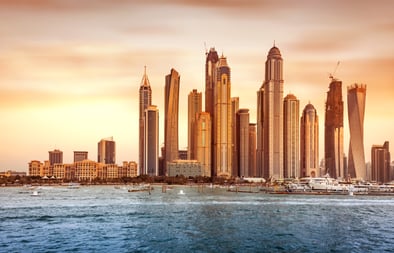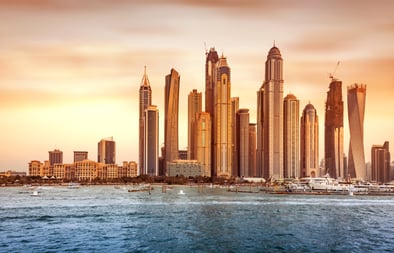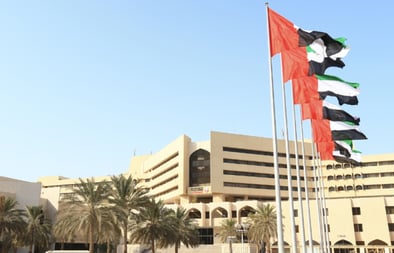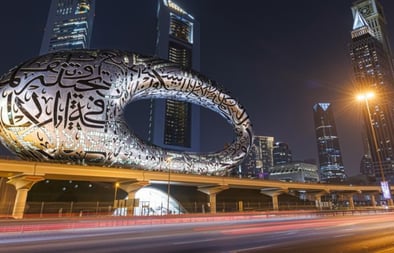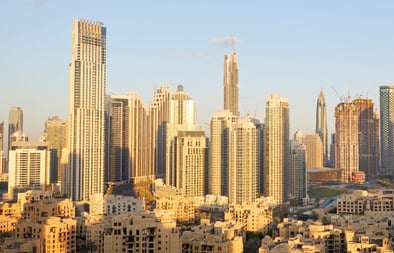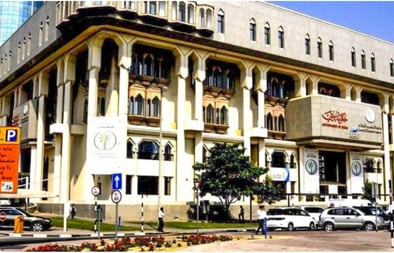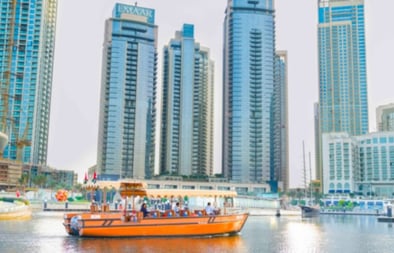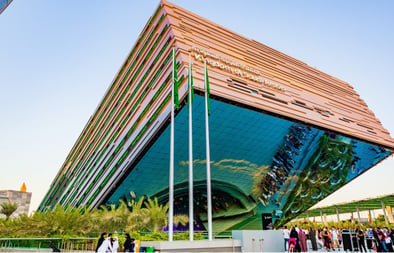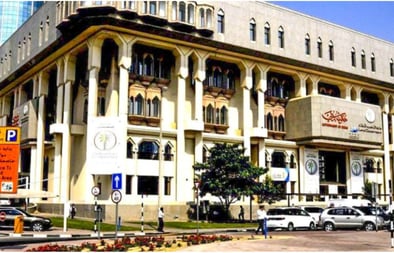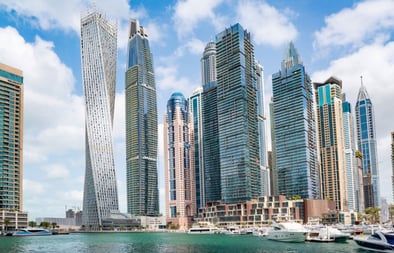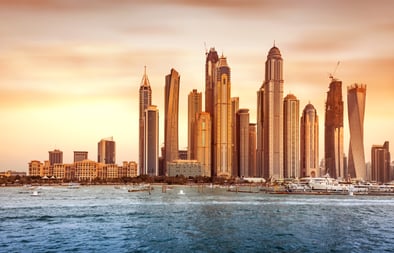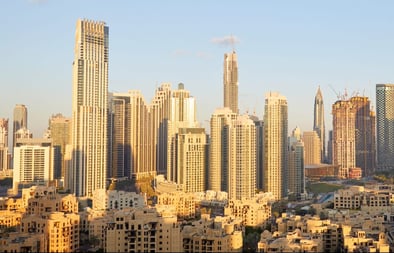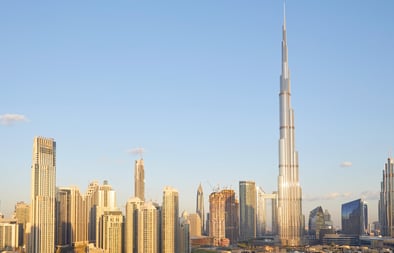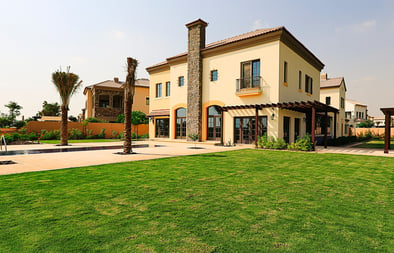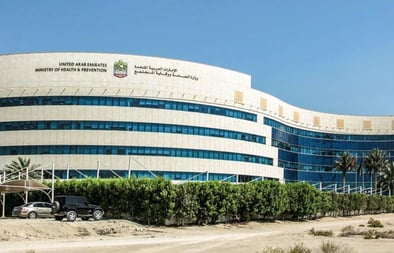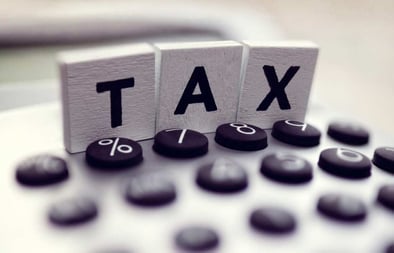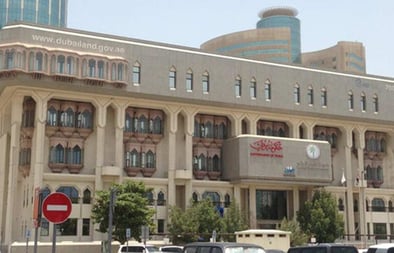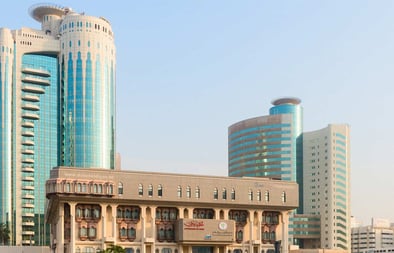
Dubai, with its dynamic real estate market and a reputation for being a global hub of luxury and innovation, is a city that continues to intrigue tenants and investors alike.
As we step into 2024, it's an opportune moment to delve into the intricacies of Dubai's rental market and explore the factors that will shape rent increase trends in the coming year. In this comprehensive guide, we will provide an in-depth analysis of the city's real estate landscape, including the influences on the rent increase in Dubai, emerging neighborhoods, government regulations, and strategies for both tenants and investors to navigate this evolving market.
The Current State of Dubai's Real Estate Market
Dubai's real estate market has been a subject of great interest in recent years, with fluctuating dynamics that reflect a delicate equilibrium between supply and demand. This equilibrium, characterized by the interplay of various factors, underpins the market's resilience and adaptability. To navigate the Dubai real estate market successfully in 2024, it is crucial to delve deeper into its current state and the multitude of factors shaping its trajectory.
1. Supply and Demand Dynamics:
Dubai's real estate market has experienced periods of both abundance and constraint. The city has seen the emergence of numerous developments and projects, contributing to a diverse range of property types and sizes. These supply dynamics vary across neighborhoods, with established areas often experiencing more restrained growth compared to emerging and suburban districts. Understanding these nuances can provide valuable insights for both tenants and investors.
2. Economic Factors:
Dubai's real estate market is inherently linked to the city's economic performance. Economic factors such as GDP growth, job creation, and business activities influence the demand for rental properties. A thriving economy attracts professionals, entrepreneurs, and businesses, leading to increased demand for residential and commercial properties. In contrast, economic downturns can create challenges in the real estate market, making it crucial to assess the current economic climate when considering investments or rentals.
3. Government Regulations:
The Dubai government has played a pivotal role in regulating the real estate market, ensuring fairness and transparency. The introduction of rent increase caps and regulations to prevent excessive rental hikes provides tenants with a level of predictability and stability. This regulatory framework has contributed to a more controlled rental environment, and tenants can benefit from a measure of protection against rapid escalations in rental costs.
4. Geopolitical Stability:
Dubai's reputation as a safe and secure destination has been a significant magnet for professionals, expatriates, and investors from around the world. Geopolitical stability is a cornerstone of Dubai's enduring appeal, and any fluctuations in global political tensions can influence the perception of safety, subsequently impacting the demand for rental properties.
5. Emerging Neighborhoods and Development Areas:
While established neighborhoods like Dubai Marina, Downtown Dubai, and Palm Jumeirah have been long-standing favorites, emerging areas are increasingly capturing attention. Developments such as Dubai South and Dubai Hills Estate offer a harmonious blend of modern infrastructure and affordability, making them potential hotspots for growth. Analyzing these emerging neighborhoods can provide insights into promising opportunities for renters and investors.
6. Sustainable Living and Eco-Friendly Developments:
Dubai's commitment to sustainable living is underscored by eco-friendly developments that offer residents greener and more environmentally conscious housing options. Areas with a strong focus on sustainability, such as Dubai Sustainable City and Al Barari, are appealing to those interested in eco-friendly living. Understanding the demand for sustainable properties can be pivotal for assessing rental trends in this segment.
Government Regulations and Rent Caps
The Dubai government has implemented rent increase caps to protect tenants from excessive rent hikes. The Rental Increase Calculator, which takes into account factors such as the property's location and current rental rates, plays a pivotal role in regulating rent increases. Tenants can expect a more predictable and controlled rental environment, which is designed to prevent sudden and dramatic escalations in rental costs.
Economic Factors and Market Dynamics
Dubai's real estate market is closely tied to the city's economic performance. Economic factors such as GDP growth, job creation, and business activities impact both supply and demand in the rental market. Economic diversification and the city's ambition to become a global business and innovation hub have contributed to sustained demand for rental properties. Understanding these economic dynamics can provide valuable insights into rental trends.
Geopolitical Stability
The geopolitical stability of the region plays a significant role in Dubai's real estate market. Dubai's reputation as a safe and secure destination attracts professionals, expatriates, and investors from around the world. As global tensions impact the perception of safety, it can influence the demand for rental properties in the city.
Emerging Neighborhoods and Development Areas
While established neighborhoods like Dubai Marina, Downtown Dubai, and Palm Jumeirah have been long-standing favorites, emerging areas are gaining prominence. Developments such as Dubai South and Dubai Hills Estate offer a blend of modern infrastructure and affordable options. These areas provide significant potential for growth, and rental trends in these emerging neighborhoods are worth monitoring.
Sustainable Living and Eco-Friendly Developments
Dubai's commitment to sustainable living is reflected in eco-friendly developments that offer greener and more sustainable housing options. Areas focusing on sustainability, such as Dubai Sustainable City and Al Barari, are attracting tenants seeking environmentally conscious living. Understanding the demand for sustainable properties can provide insights into rental trends in this segment.
Cultural and Historical Neighborhoods
Dubai's rich cultural heritage and historical neighborhoods offer a unique charm. Areas like Al Fahidi, Al Shindagha, and Al Bastakiya showcase the city's heritage with well-preserved wind-tower architecture and traditional souks. For tenants interested in experiencing the authentic culture of Dubai, rental trends in these areas are intriguing.
Forecast for Rent Increase Trends in 2024
While predicting precise rent increase percentages can be challenging, several trends are expected to shape the rental landscape in Dubai for 2024:
Steady Growth: Dubai's rental market is expected to witness steady growth, driven by a resilient economy, government regulations, and sustainable development projects.
- Affordable Housing: Affordable housing options in emerging areas will continue to attract tenants looking for cost-effective yet high-quality living spaces.
- Sustainable Living: The demand for sustainable and eco-friendly housing options is likely to increase, with rental rates reflecting the growing interest in environmentally conscious living.
- Tech and Innovation Hubs: Areas associated with technology and innovation, such as Dubai Internet City and Dubai Media City, are expected to see increased rental demand as professionals in these sectors seek accommodation.
- Historical Neighborhoods: Cultural and historical neighborhoods may experience a niche demand from tenants seeking a unique and authentic living experience.
Navigating the Rental Market in 2024
Tenants and investors should consider the following strategies to navigate Dubai's rental market in 2024:
- Stay Informed: Keeping abreast of market trends, government regulations, and economic developments is essential for making informed decisions.
- Diversification: Diversifying your property portfolio by considering different neighborhoods and property types can help manage risk and optimize returns.
- Emerging Areas: Exploring emerging areas with growth potential can be a strategic move for both tenants and investors.
- Sustainability: Tenants interested in sustainable living should explore eco-friendly developments, while investors may consider the long-term appeal of such properties.
- Negotiation Skills: Tenants may consider negotiating rental terms, especially in established neighborhoods, to secure favorable rates.
Conclusion
Dubai's real estate market is poised for a dynamic year in 2024, with diverse rental trends reflecting the evolving preferences of tenants and the city's ongoing transformation. Whether you are a tenant searching for the perfect rental property or an investor looking to capitalize on the city's potential, staying informed about the market dynamics, government regulations, and emerging opportunities is crucial. Dubai's rental landscape is a story of steady growth, affordability, sustainability, and a unique blend of modernity and heritage. With the right insights and strategies, tenants and investors can confidently navigate Dubai's real estate market in 2024 and secure their ideal living or investment opportunity in this remarkable city.






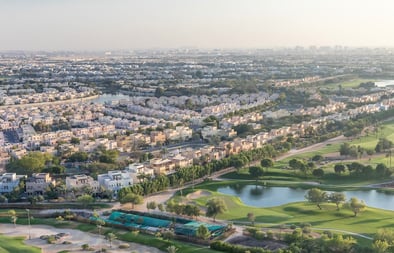
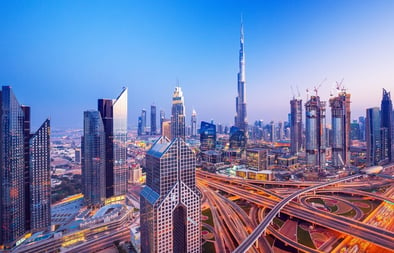




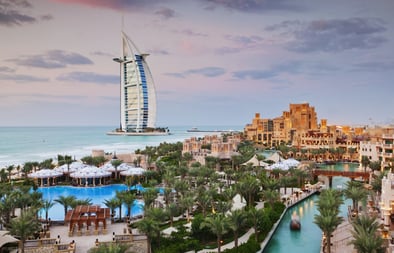


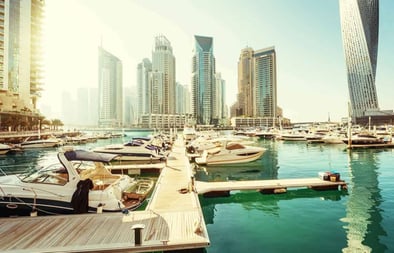
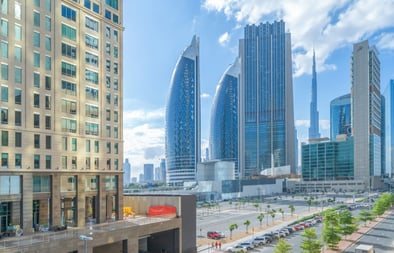
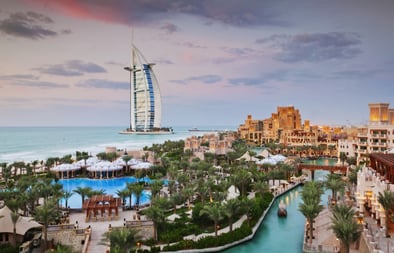
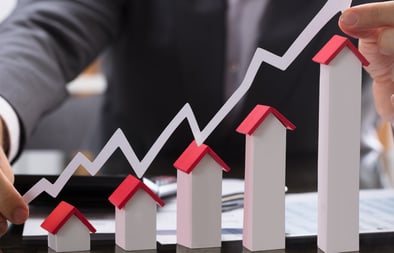
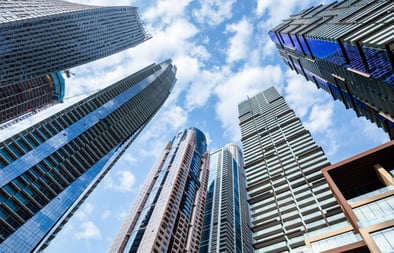

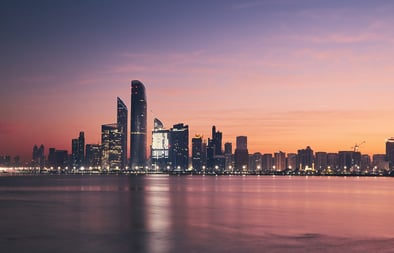


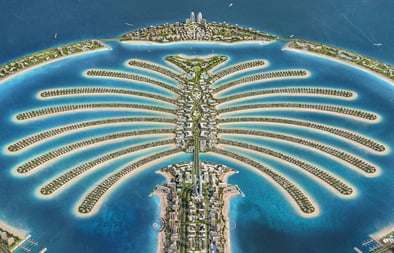
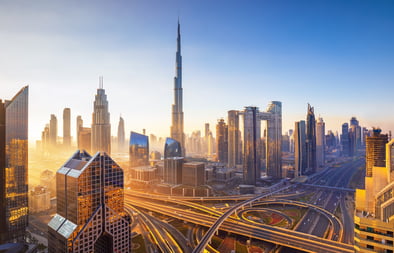
.jpg)
